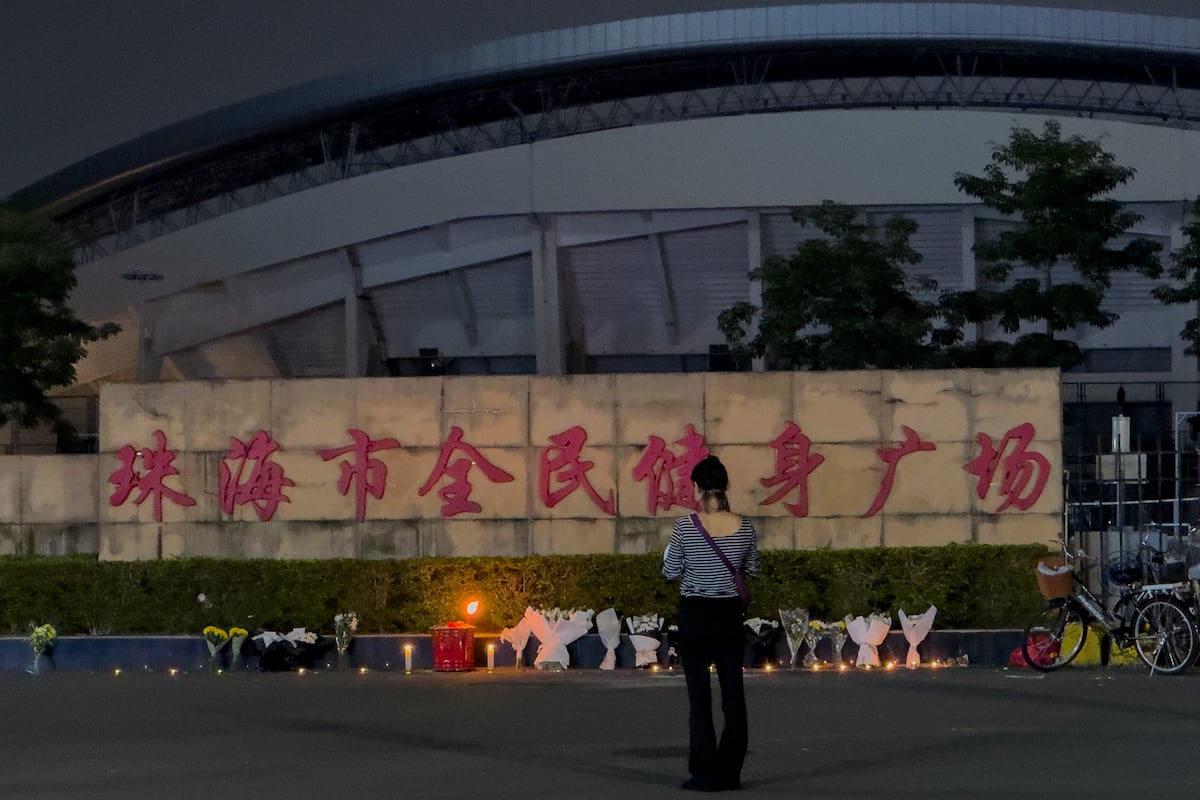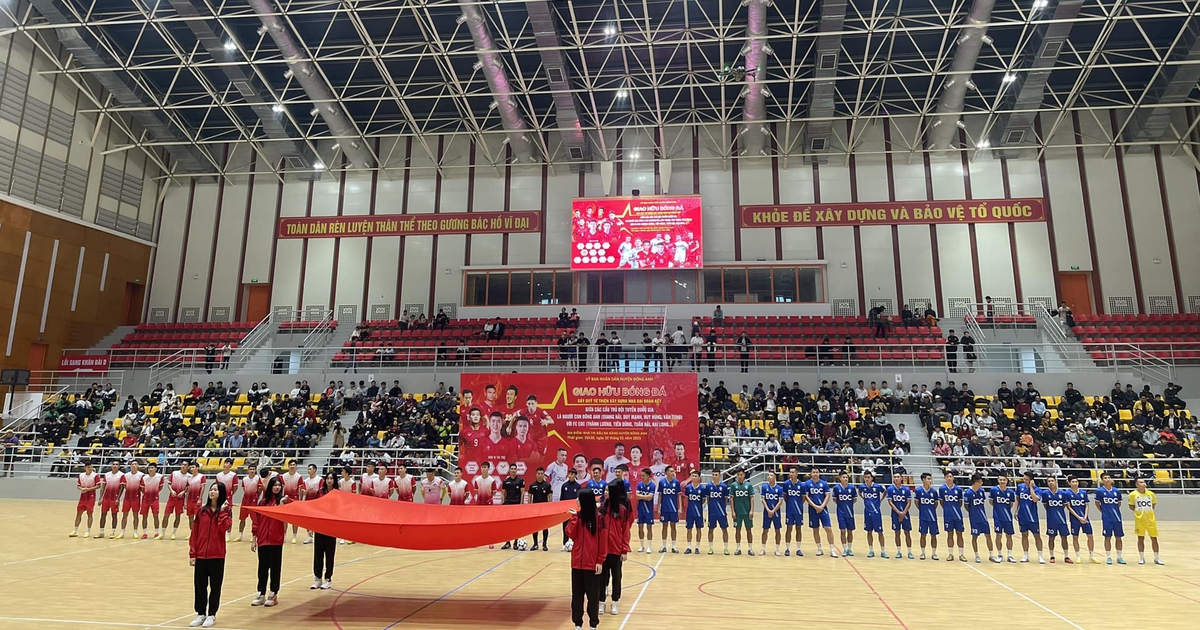Baroda BNP Paribas Children’s Fund : Baroda BNP Paribas Asset Management India Private Limited (Baroda BNP Paribas AMC) has launched its New Fund Offer (NFO), Baroda BNP Paribas Children’s Fund. It is a solution oriented goal based, equity mutual fund scheme, designed to help parents secure their children’s future or do financial planning for their children. This new fund offer is opening for public subscription on 6 December 2024 and will close on 20 December 2024. The benchmark for this scheme is Nifty 500 Total Return Index and it will be managed by Pratish Krishnan.
SIP for Retirement: Retirement mutual funds are giving 17 to 22% annualized returns, do monthly SIP of Rs 10 thousand, how much will you get in 25 years
Parents’ tension will go away
Suresh Soni, CEO, Baroda BNP Paribas AMC, said that a big question before many parents is whether we have saved enough for our child’s future? As a goal based solution scheme, Baroda BNP Paribas Children’s Fund can easily solve this problem for such parents. Our endeavor is to offer a reliable, growth-oriented investment option, aimed at helping parents achieve growth as their children grow and at the same time fulfill their children’s dreams.
Investment: FD for 5 years or ELSS for 5 years, if you want to lock 10 lakhs then what option to choose?
You can plan for higher education
As parents, everyone wants the best for their children. But the cost of education and activities other than regular classes is increasing. The expenditure on education is increasing rapidly, hence financial planning for children has become necessary. The inflation rate in education costs is close to 11% annually, which is almost double the average inflation rate. As an example, in the last 20 years, MBA programs have become 8 times more expensive, which is shocking.
The rising cost of education is a serious matter of concern for parents today. Suresh Soni says that at the estimated inflation rate, the cost of an engineering degree today, which is Rs 6 lakh, can reach Rs 28 lakh in 20 years. He says that parents can invest Rs 9000 monthly for their child’s secure future and achieve their goal of accumulating Rs 1 crore in 20 years by opting for Systematic Investment Plan (SIP) with step-up option. Can avail benefits.
Highest SIP Return: HDFC Mutual Fund’s scheme made SIP of Rs 5000 Rs 4 crore, became number 1 in large cap category in giving returns.
Invest at least 80% in equities
Baroda BNP Paribas Children’s Fund will invest at least 80 per cent of the total net assets in the portfolio in equity and equity-related securities using a comprehensive investment strategy that combines a top-down sectoral focus with a bottom-up stock-picking approach. Combines. With this investment strategy, the fund will invest across all market caps and sectors, with the aim of maximizing returns while managing risk.
Lock-in period of 5 years
This open-ended, solution-oriented child scheme comes with a lock-in period of 5 years or until the child attains majority (18 years) (whichever is earlier). Being locked-in and clearly goal based, this scheme helps investors maintain their investments for the long term. It also lets investors take advantage of the power of compounding, with the aim of building a bigger corpus to fulfill their child’s dreams.
SIP Winner: HDFC MF’s biggest scheme became SIP winner on the basis of big shares, how much monthly investment had to be made for 10 crore fund
Key Features of NFO
• NFO date: Will be open for public subscription from 6 to 20 December 2024.
• The minimum application amount in this scheme is Rs 1000.
• Investment strategy: At least 80% in equities and equity-related securities.
• Benchmark: Nifty 500 Total Return Index Goal-oriented: To help parents save for children’s education and other future needs.
• Investment in the scheme can be made in both lump sum and Systematic Investment Plan (SIP) modes.
(Disclaimer: We have given information about the new scheme of mutual fund here. This is not an investment advice. There are risks in the market, so take expert advice before investing.)










